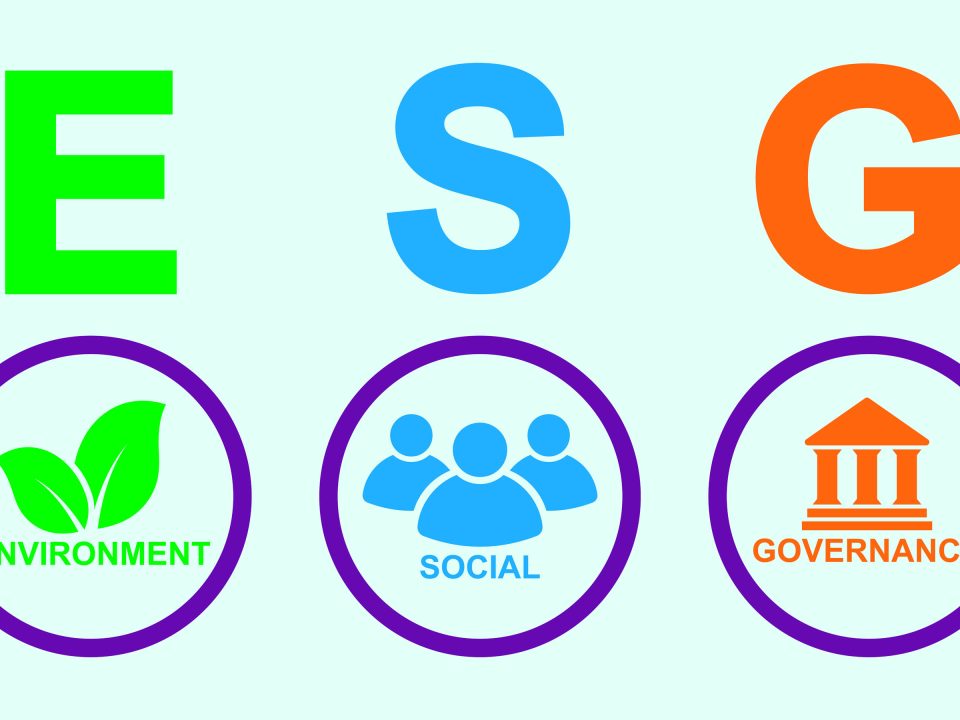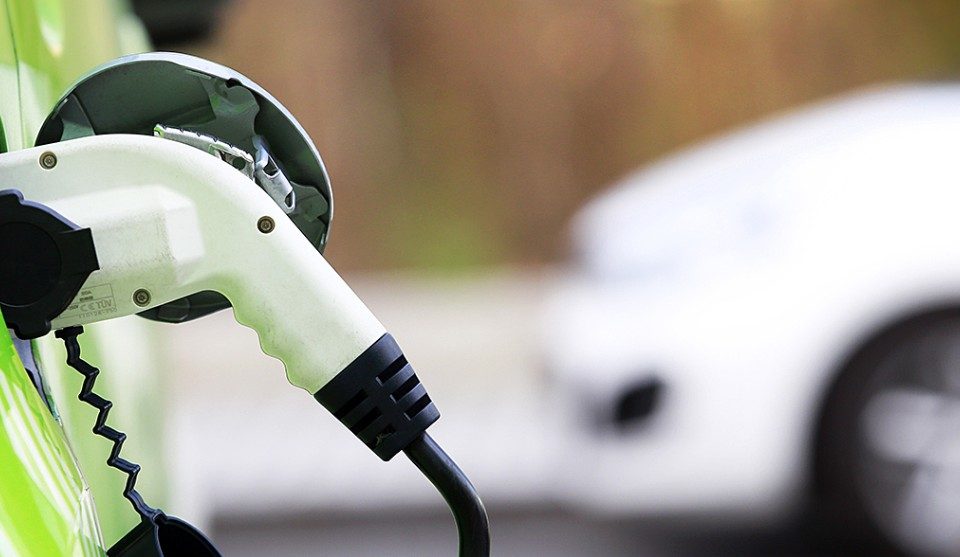
E-Mobility: Financing and The Way Forward
December 9, 2022
Environmental, Social and Governance (ESG), and Ghana’s Credit Rating
December 24, 2022With the growing interest in renewable energy, investments in the sector, particularly biomass, have surged globally. Bio-energy is the energy generated or produced by living or once-living organisms commonly obtained from plants, such as corn and soy. The energy from these organisms can be burned to create heat and electricity.
Biomass is organic material derived from living organisms, such as plants and animals. The most common biomass materials, known as biomass feedstock, used for energy are plants, wood, and waste. Agriculture and forestry have massive potential for the production of bio-energy to generate electricity and heat for cooking, as well as in the transportation and manufacturing sectors. Recent biomass energy projects have produced natural gas from forage and compost, which is economical for countries that are highly dependent on hydrocarbon imports.
With global fossil fuel consumption on the rise, it has become imperative for the introduction of funding for renewable energy projects, particularly biomass, to which numerous organizations continue to make enormous contributions in the field;
The IET and the CEM Collaboration Initiative: The International Energy Agency (IEA) Bio-energy Technology Collaboration Programme and the Clean Energy Ministerial (CEM) have launched a Bio-future Platform Initiative to exchange information and data, expertise, for organizing joint events, as well as conducting studies on mutually agreed topics. The platform seeks to ensure that bio-energy is an essential aspect of the future global bio-economy. In South Africa for instance, there have been several initiatives and campaigns to manage and promote a framework for effective and sustainable energy use.
NREL Transforming Energy: The United States (US) Department of Energy (DOE) Bioenergy Technologies Office (BETO) provides funding assistance for industries and universities interested in leveraging the National Renewable Energy Laboratory (NREL)’s unique biomass compositional analysis capabilities. In developing countries such as Africa, NREL supports initiatives for deploying renewable energy, energy efficiency, sustainable transportation, and grid management systems. Countries such as Ghana, Kenya, Gabon, and Sierra Leone have received technical support and capacity building from NREL.
Sustainable Energy Fund for Africa: The Sustainable Energy Fund for Africa (SEFA) is a multi-donor Special Fund managed by the African Development Bank (AfDB) to provide catalytic finance to unravel private sector investments in renewable energy and energy efficiency. SEFA promotes technical assistance and concessional finance instruments to remove market barriers, build a more robust pipeline of projects and improve the risk-return profile of individual investments.
Most biomass projects necessitate high preliminary costs to ensure successful implementation. Although the debt markets may be considered as an option for financing by biomass developers, it does not offer concession for start-ups for the cost-effective implementation of these projects. It is therefore crucial for governments to collaborate with development partners for adequate financing options such as grants and other concessional funding to promote bio-energy developments.




